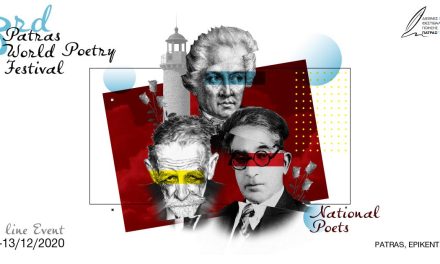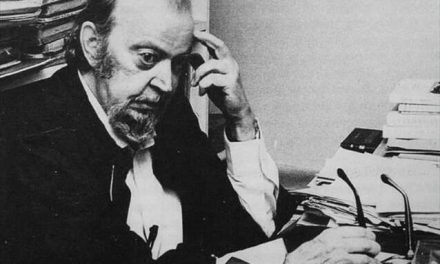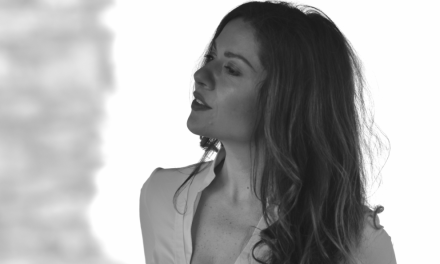Eleni Andreadi was born in London. She has travelled and worked in many countries, including the UK, Germany and the USA, where she specialised in Environmental Policy and Media at Harvard University. When she returned to Greece in 2009, she founded the non-profit organization Planet Agents, which invites children to save the planet through secret missions. The organization’s experiential environmental programs are implemented in primary schools across the country and have been awarded for their innovation by the Ministry of Education and Religious Affairs.
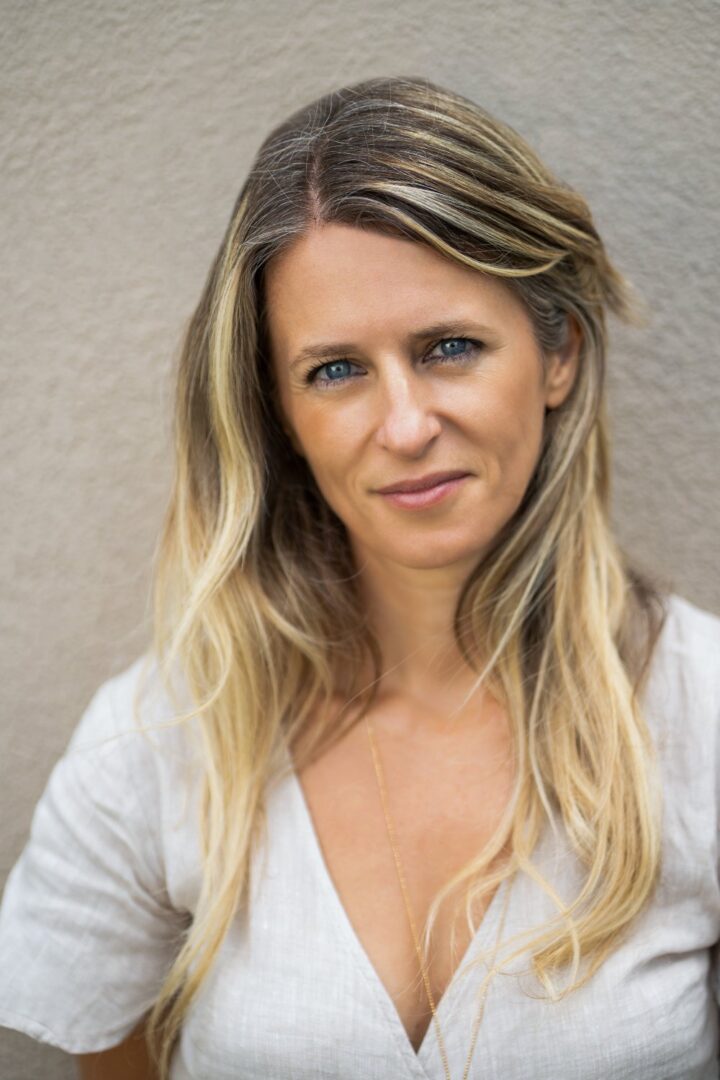
She is the author of several environmental books including the Dao Warrior series, Justin Grey and the Earthkeepers, and the best-selling series Planet Agents, which won the State Award for Children’s Knowledge Book in Greece and was shortlisted for several international awards, including the prestigious IBBY award. Her books are translated and published in the USA, China, Korea, Turkey and Egypt.
Your latest writing venture Και ζήσαμε καλύτερα [We lived happily ever after] (Metaichmio Publications, 2025) turns classic fairytales into contemporary ones permeated by strong ecological concerns. Tell us a few things about the book.
The inspiration for this book of stories came while I was rereading classic fairy tales to my children. These are stories that have shaped generations, yet coming back to them after so many years, I began to notice a shift. Some of their core messages —like love, perseverance, and self-sacrifice— still resonate deeply. But others felt outdated, even at odds with the world we live in today. Take, for example, the princess whose only goal is to marry a prince she barely knows, or how many stories portray forests and wild animals as something to fear — at a time when nature is vanishing and needs our protection more than ever.
That’s when I started to imagine these tales with a new lens. What if the Little Mermaid wasn’t searching for a prince to marry, but trying to track him down in order to ask for his help to save the ocean? What if Jack’s beanstalk became a towering apartment block, home to a joy-stealing sorcerer, and Jack’s quest was to help children break free from screens and rediscover play? Or Little Red Riding Hood — what if she were a member of the Maasai tribe in the African savanna, hiding a lion in her grandmother’s hut to protect it from hunters?
It became about reimagining the familiar in a way that speaks to today’s children — stories that still carry heart, but with values and questions relevant to their world.
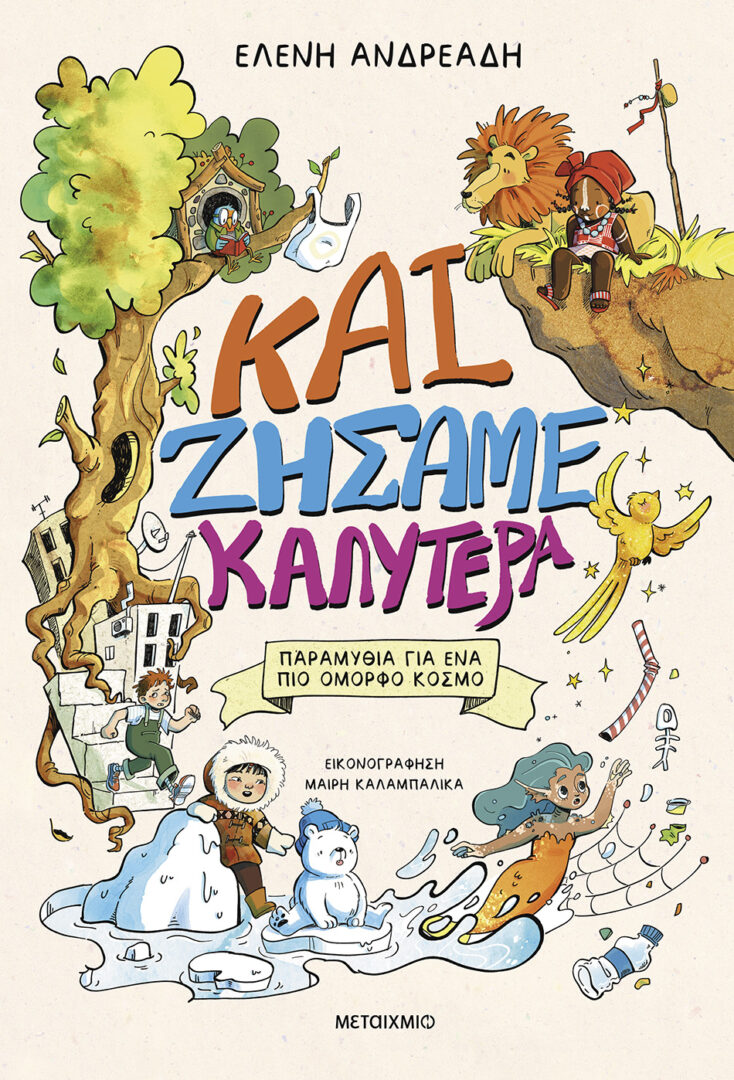
Respect for the environment, a closer relation with nature, ecological challenges and the way that can be faced with in children’s daily practices are among the main issues your books touch upon. How did your literary engagement with environmental issues begin? Which remain your driving force from one book to the next?
I’ve been involved with environmental issues since I was a child, volunteering with local organizations. But it was during my time in London that I started to believe this could actually become a career path for me. Over fifteen years ago, I was working as an environmental consultant on a documentary and had the chance to learn about a group of children in India who were passionately fighting to curb plastic pollution. That moment stayed with me — it changed something. Until then, my work focused on environmental strategy and communication aimed at adults. But that encounter inspired me to turn toward education and to find ways to engage children.
The books came a bit later, as a natural extension — when I realized I could combine my professional background with my love for creative writing. That combination continues to drive me: the belief that storytelling can spark awareness, curiosity, and even action in young readers. Each book is a new opportunity to connect children with the world around them and to help them feel empowered, not overwhelmed, by the environmental challenges we face.
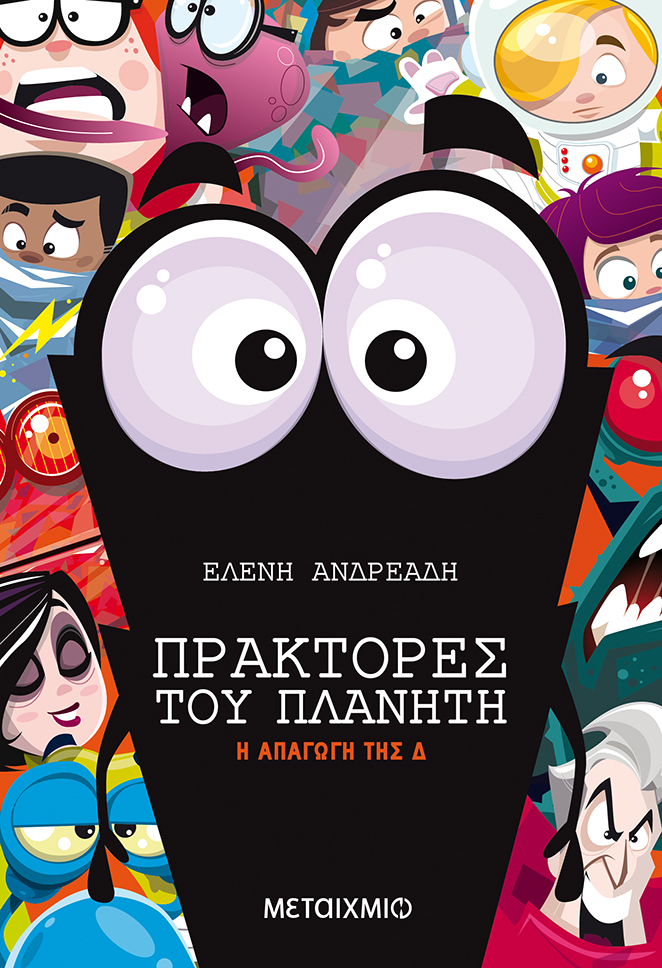
In 2009, you founded the non-profit organization “Planet Agents”, which invites children to save the planet through secret missions. What’s the story behind this venture of yours?
Planet Agents was born from a simple but powerful idea: that children are not just future citizens — they can be active change-makers right now. I wanted to find a way to talk to children about serious environmental issues without overwhelming them. That’s how the idea of turning them into ‘secret agents’ for the planet came about.
By framing environmental actions as fun, top-secret missions, we give children a sense of agency, curiosity, and purpose. What started as a small grassroots project has grown into a broader movement, with over 100,000 kids taking part, both in Greece and internationally through Greek schools and other organizations. At its heart, Planet Agents is a way to empower children through play, creativity, and imagination — tools that are incredibly effective for building long-term awareness and real-world impact.
“For children, sustainability is not an abstract concept or a technocratic goal. It is a simple, self-evident idea: to live better, in harmony with nature, to which we belong. And perhaps that is why we need to listen to them more”. Tell us more.
Children have an incredibly intuitive understanding of sustainability. For them, it’s not about policies or scientific jargon; it’s about fairness, care, and connection. They see a polluted beach and they’re genuinely upset. They see an injured animal and immediately want to help. They don’t need long explanations to grasp that we should take care of the planet — because to them, it’s obvious. We are part of nature, not separate from it.
That clarity, that instinctive sense of justice and harmony, is something we often lose as adults. We complicate things. We justify inaction. But children remind us of what really matters. That’s why I believe we should be listening to them more — not just to teach them, but to learn from them. They bring honesty, hope, and creativity into conversations that can otherwise feel heavy or overwhelming.
In my work, I always try to hold space for that childlike clarity — to protect it, celebrate it, and amplify it through stories. Because if we truly want to build a more sustainable world, we need to start from that place of empathy and connection that children so naturally live by.
Children’s participation in environmental activities is vital, as it fosters ecological awareness from an early age and shapes tomorrow’s responsible citizens. Does literature constitute an effective way to raise environmental awareness among children?
Yes, I believe literature is a really powerful tool that can nurture environmental awareness in children. Stories speak directly to the imagination, the heart, and the values of a child. They don’t just convey facts — they create emotional connections. When a child reads about a forest in danger or a sea creature trying to protect its home, they start to care. They begin to see themselves not as bystanders, but as part of the story.
Literature invites children to feel, to question, and to dream. It helps them explore complex issues —like climate change, biodiversity loss, or pollution— in a way that’s accessible and engaging. Through characters, adventures, and even humor, children absorb values of respect, empathy, and responsibility toward the planet.
And most importantly, stories help children imagine solutions. They offer hope. And in the face of such enormous environmental challenges, hope is not a luxury — it’s essential. It gives children the courage to act and the belief that their choices matter.
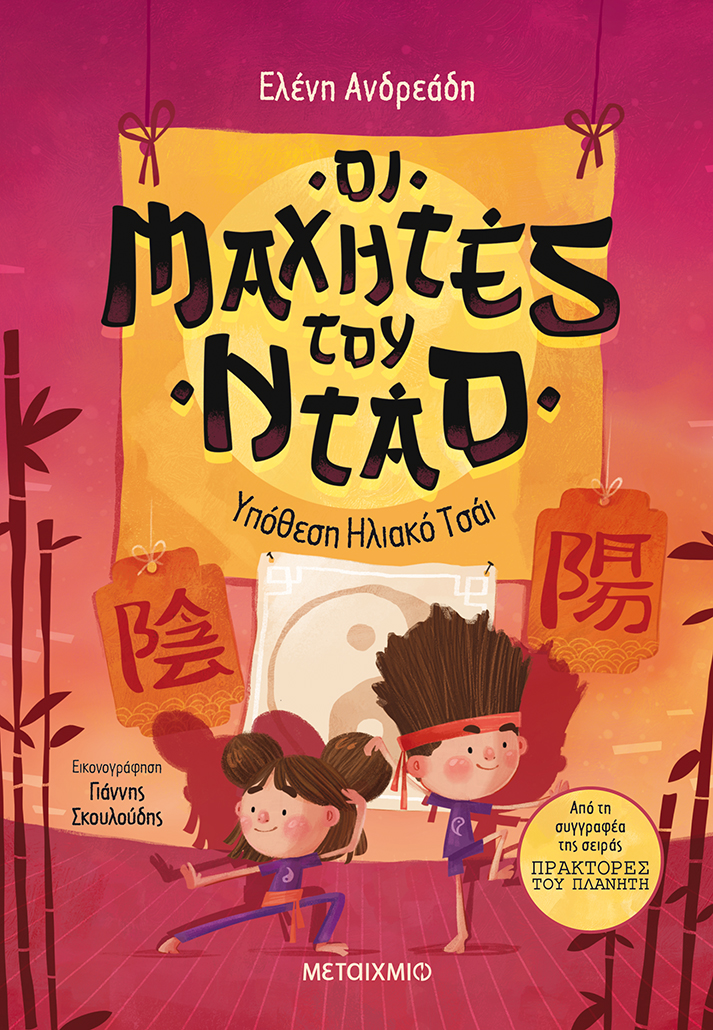
What, in your opinion, is the biggest obstacle facing environmental education in Greece today and which changes should be implemented in school curricula in order to help form environmentally conscious students?
What we need is a shift in perspective: environmental education should be experiential, cross-disciplinary, and solution-oriented. It should connect science with creativity, local community projects with global issues, and personal responsibility with collective impact. Schools should give students opportunities to act — whether it’s by starting a garden, reducing plastic use, or engaging in citizen science. These experiences build real ecological literacy and foster a sense of agency.
Children also need to be in nature more. When children spend time in nature, they begin to form a real, personal relationship with the natural world. Nature stops being an abstract concept and becomes something they know and care about. Such opportunities are very rare in our system.
And just as importantly, we need to listen to children. They often have fresh, creative ideas about how to care for the planet. By involving them in real decisions —whether it’s how to reduce waste at school or how to create greener spaces— we not only teach them about sustainability, we show them that their voice matters.
*Interview by Athina Rossoglou
TAGS: LITERATURE & BOOKS | READING GREECE

